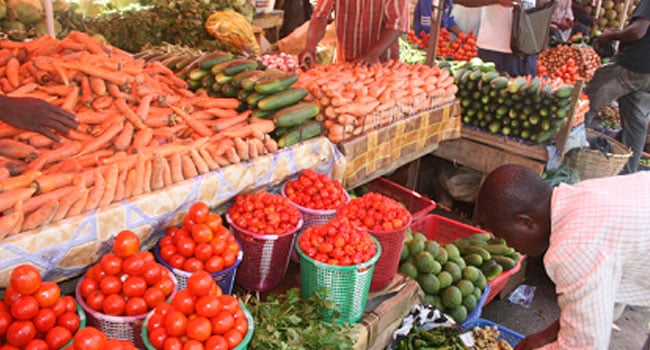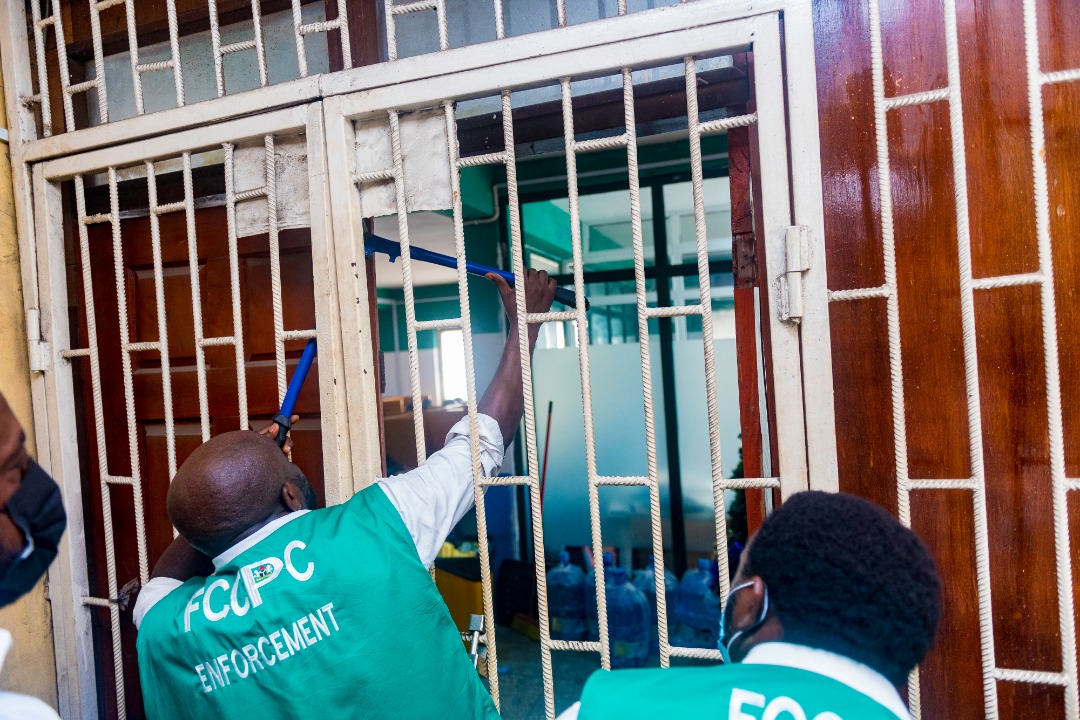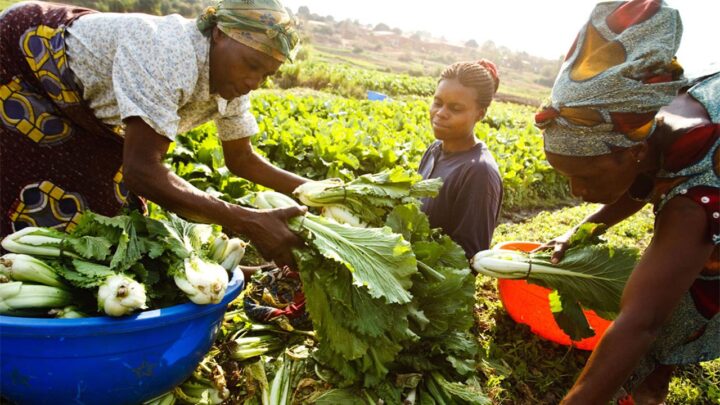The Food and Agriculture Organisation (FAO) says about 14.4 million Nigerians are facing a food crisis.
The agency said the figure consists of 385,000 internally displaced persons (IDPs) in 21 states and the federal capital territory (FCT).
Jasper Mwesigwa, food security analyst, FAO, made this known on Friday in Abuja at the presentation of the Cadre Harmonisé report for Nigeria.
He listed the states as Yobe, Borno, Kaduna, Katsina, Sokoto, Adamawa, Kano, Bauchi. Enugu, Niger and Kebbi.
Advertisement
Others include Zamfara, Jigawa, Gombe, Benue, Abia, Cross River, Edo, Lagos, Plateau and Taraba.
FAO added that no fewer than 19.4 million Nigerians may face acute food and nutrition insecurity between June and August this year.
The Cadre Harmonisé (CH) is the current ECOWAS/Sahelian Regional framework for consensual analysis of acute food insecurity situations.
Advertisement
According to the report, key and limiting factors that impact food and nutrition are insecurity, particularly in the northeast, inflation rate as evident in soaring commodity prices, loss of employment and reduction in household income.
Also speaking at the event, Fred Kafeero, FAO country representative in Nigeria, said there was a need for a holistic approach towards national food systems transformation to achieve the 2030 agenda.
Kafeero urged the government to allocate more funds to the CH analysis to provide technical support in terms of capacity building.
He also called on humanitarian and development partners to make use of the results of the CH analysis.
Advertisement
Kafeero said this was necessary to provide the much-needed interventions to save lives, sustain livelihoods and build the resilience of vulnerable populations.
He also called for the incorporation of the CH analysis results in national planning, including the designing and implementation of national food systems transformation action plans.
On his part, Ernest Umakhihe, permanent secretary, federal ministry of agriculture, said the March 2022 CH analysis result was apt as it came at a time of economic hardship.
Represented at the event by Ubadoma Ularamu, director, project coordinating unit, he said the security challenges in the country had continued to threaten food and nutrition security.
Advertisement
Umakhihe said those challenges had led to disruptions in food production and distribution systems, resulting in poor consumption patterns among several households.
He assured that the government was committed to upholding the outcome and recommendations arising from the analysis.
Advertisement
“This is with a view to enhancing the food and nutrition security situation in the concerned states through objective intervention programmes,’’ Umakhihe said.
Advertisement
Add a comment






